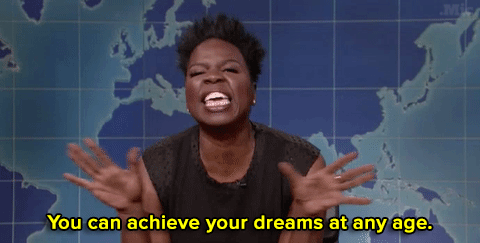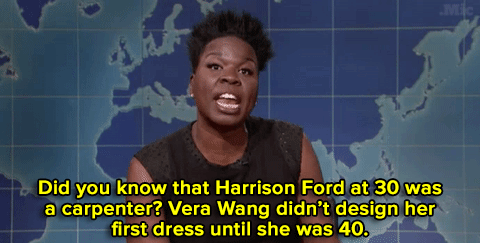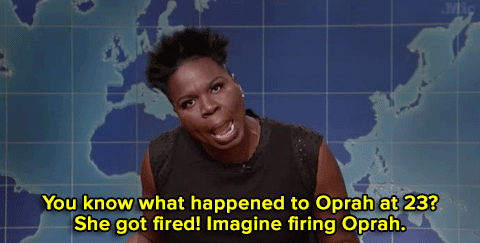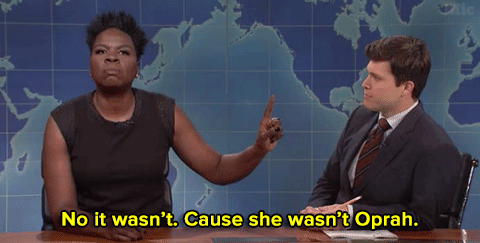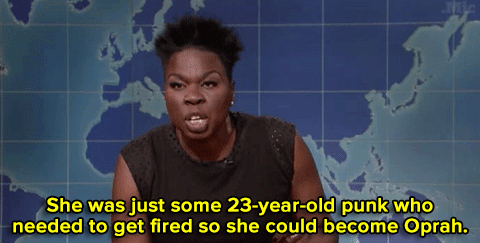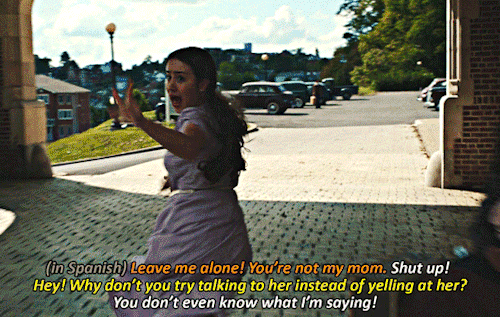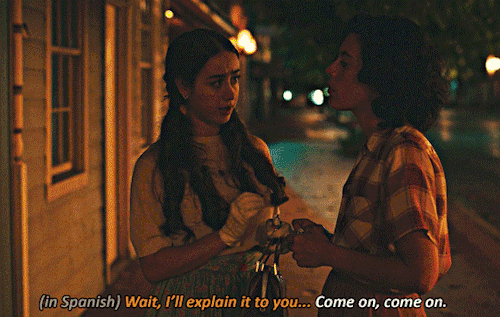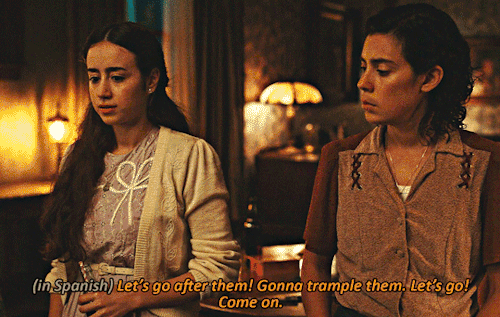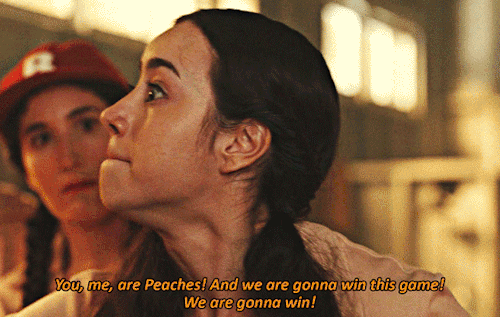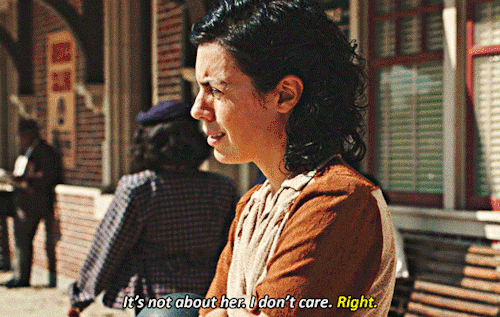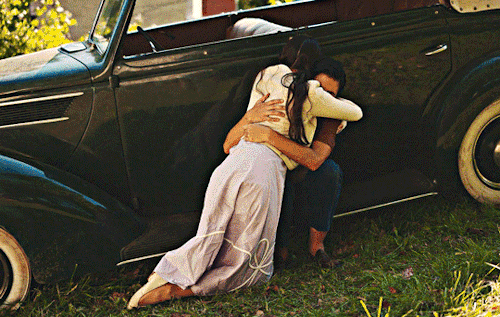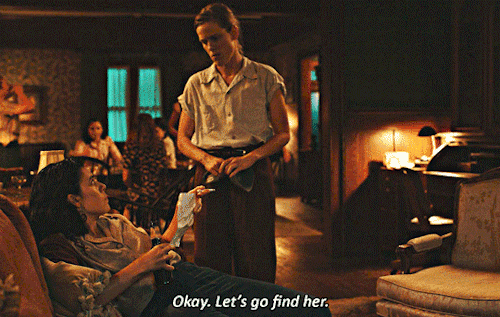I Hate That Every Time I Look For Color Studies And Tips To Improve My Art And Make It More Dynamic And
i hate that every time i look for color studies and tips to improve my art and make it more dynamic and interesting all that comes up are rudimentary explanations of the color wheel that explain it to me like im in 1st grade and just now discovering my primary colors
More Posts from Affliction-of-beauty and Others
fuck "girl lunch" fuck "girl math" a woman is a hairy animal who sweats and grunts and excretes and hungers and gets wrinkly and dies eventually. you have to love that.
The Queen is Britain’s last living link with our former greatness – the nation’s id, its problematic self-regard – which is still defined by our victory in the second world war. One leading historian, who like most people I interviewed for this article declined to be named, stressed that the farewell for this country’s longest-serving monarch will be magnificent. “Oh, she will get everything,” he said. “We were all told that the funeral of Churchill was the requiem for Britain as a great power. But actually it will really be over when she goes.”
Unlike the US presidency, say, monarchies allow huge passages of time – a century, in some cases – to become entwined with an individual. The second Elizabethan age is likely to be remembered as a reign of uninterrupted national decline, and even, if she lives long enough and Scotland departs the union, as one of disintegration. Life and politics at the end of her rule will be unrecognisable from their grandeur and innocence at its beginning. “We don’t blame her for it,” Philip Ziegler, the historian and royal biographer, told me. “We have declined with her, so to speak.”
The obituary films will remind us what a different country she inherited. One piece of footage will be played again and again: from her 21st birthday, in 1947, when Princess Elizabeth was on holiday with her parents in Cape Town. She was 6,000 miles from home and comfortably within the pale of the British Empire. The princess sits at a table with a microphone. The shadow of a tree plays on her shoulder. The camera adjusts three or four times as she talks, and on each occasion, she twitches momentarily, betraying tiny flashes of aristocratic irritation. “I declare before you all that my whole life, whether it be long or short, shall be devoted to your service, and the service of our great imperial family to which we all belong,” she says, enunciating vowels and a conception of the world that have both vanished.
It is not unusual for a country to succumb to a state of denial as a long chapter in its history is about to end. When it became public that Queen Victoria was dying, at the age of 82, a widow for half her life, “astonished grief … swept the country”, wrote her biographer, Lytton Strachey. In the minds of her subjects, the queen’s mortality had become unimaginable; and with her demise, everything was suddenly at risk, placed in the hands of an elderly and untrusted heir, Edward VII. “The wild waters are upon us now,” wrote the American Henry James, who had moved to London 30 years before.
The parallels with the unease that we will feel at the death of Elizabeth II are obvious, but without the consolation of Britain’s status in 1901 as the world’s most successful country. “We have to have narratives for royal events,” the historian told me. “In the Victorian reign, everything got better and better, and bigger and bigger. We certainly can’t tell that story today.”
The result is an enormous objection to even thinking about – let alone talking or writing about – what will happen when the Queen dies. We avoid the subject as we avoid it in our own families. It seems like good manners, but it is also fear. The reporting for this article involved dozens of interviews with broadcasters, government officials, and departed palace staff, several of whom have worked on London Bridge directly. Almost all insisted on complete secrecy. “This meeting never happened,” I was told after one conversation in a gentleman’s club on Pall Mall. Buckingham Palace, meanwhile, has a policy of not commenting on funeral arrangements for members of the royal family.
And yet this taboo, like much to do with the monarchy, is not entirely rational, and masks a parallel reality. The next great rupture in Britain’s national life has, in fact, been planned to the minute. It involves matters of major public importance, will be paid for by us, and is definitely going to happen. According to the Office of National Statistics, a British woman who reaches the age of 91 – as the Queen will in April – has an average life expectancy of four years and three months. The Queen is approaching the end of her reign at a time of maximum disquiet about Britain’s place in the world, at a moment when internal political tensions are close to breaking her kingdom apart. Her death will also release its own destabilising forces: in the accession of Queen Camilla; in the optics of a new king who is already an old man; and in the future of the Commonwealth, an invention largely of her making. (The Queen’s title of “Head of the Commonwealth” is not hereditary.) Australia’s prime minister and leader of the opposition both want the country to become a republic.
Coping with the way these events fall is the next great challenge of the House of Windsor, the last European royal family to practise coronations and to persist – with the complicity of a willing public – in the magic of the whole enterprise. That is why the planning for the Queen’s death and its ceremonial aftermath is so extensive. Succession is part of the job. It is an opportunity for order to be affirmed. Queen Victoria had written down the contents of her coffin by 1875. The Queen Mother’s funeral was rehearsed for 22 years. Louis Mountbatten, the last Viceroy of India, prepared a winter and a summer menu for his funeral lunch. London Bridge is the Queen’s exit plan. “It’s history,” as one of her courtiers said. It will be 10 days of sorrow and spectacle in which, rather like the dazzling mirror of the monarchy itself, we will revel in who we were and avoid the question of what we have become.
‘London Bridge is down’: the secret plan for the days after the Queen’s death

the HtN exchange between harrow and ortus leaves me weeping because. ortus was only a child during the creche massacre. he was left with no peers, no friends, with an abusive father pushing him to fulfil a role he was never going to be able to fill. and he grew up into an adult who did nothing as two children were hurt, beaten, poisoned, starved.
and harrow was a child deprived of nothing a child needs to live but everything they need to thrive. deprived of love, and care, and warmth and touch; born into a blood debt she can never hope to repay. it’s no suprise then that she grew into an angry and cruel creature who hurt others just because she could.
and their exchange abt this in HtN just gets me because. like.
ortus tells her he is sorry, because he was an adult and they were defenseless children, and he knows his parallel suffering cannot absolve him of his inaction. he knows he cannot change the past but he can stand for her now, and maybe that can still count for something. and harrow apologizes to ortus, because she realizes nothing, not even the hell of her childhood, will never excuse how she treated him. but she can honor him now, defend him now, belive him now.
im just. idk. something abt two people who were hurt, who are hurting, who hurt each other, coming together and saying that they will stop. that the cycle will not continue. even though nothing they do now can fix the cruelty of the past, even though they both know that whatever they do now could never even begin to tip any kind of cosmic scales; despite all of this, they will do right by each other now, even though it is too late. even in death and after it. weeping.

I love this because like 99% of this kind of paleoart is patriarchal Man the Hunter type fantasies but these guys are just like “fuck it we’re outta here”

I'd divorce him too lmao
how many people could be working on actual problems in the world instead of being forced to do jobs that they are over-qualified for just because they dont want to go homeless and starve?

Nova AU: Reverend Daughter Gideon
[I had a thought that rather than doing canon Harrow's style of corpse puppeting, RD Gideon would get really into programming her constructs with complex instructions (like getting the skellys to dab every time Nova says the word "die"). Her mother's skeleton is her ongoing pet project and she teaches it to mimic affection.]
-
 i-only-came-for-the-posts liked this · 1 month ago
i-only-came-for-the-posts liked this · 1 month ago -
 shegairowmyamo reblogged this · 1 month ago
shegairowmyamo reblogged this · 1 month ago -
 insanityall reblogged this · 1 month ago
insanityall reblogged this · 1 month ago -
 insanityall liked this · 1 month ago
insanityall liked this · 1 month ago -
 imagininglive reblogged this · 1 month ago
imagininglive reblogged this · 1 month ago -
 apricots-on-a-holiday reblogged this · 1 month ago
apricots-on-a-holiday reblogged this · 1 month ago -
 officialhallandoates liked this · 1 month ago
officialhallandoates liked this · 1 month ago -
 desporkable reblogged this · 1 month ago
desporkable reblogged this · 1 month ago -
 desporkable liked this · 1 month ago
desporkable liked this · 1 month ago -
 hiyappu reblogged this · 1 month ago
hiyappu reblogged this · 1 month ago -
 tbhcreacher reblogged this · 1 month ago
tbhcreacher reblogged this · 1 month ago -
 that-gay-jedi liked this · 1 month ago
that-gay-jedi liked this · 1 month ago -
 nocats2211 liked this · 1 month ago
nocats2211 liked this · 1 month ago -
 fablednest liked this · 1 month ago
fablednest liked this · 1 month ago -
 sophi-coby-art liked this · 1 month ago
sophi-coby-art liked this · 1 month ago -
 doc-jim reblogged this · 1 month ago
doc-jim reblogged this · 1 month ago -
 draw-resource-repo reblogged this · 1 month ago
draw-resource-repo reblogged this · 1 month ago -
 arsamorsoluna liked this · 1 month ago
arsamorsoluna liked this · 1 month ago -
 dragonidpyrus12 liked this · 1 month ago
dragonidpyrus12 liked this · 1 month ago -
 novaae liked this · 1 month ago
novaae liked this · 1 month ago -
 cartilogenophobe reblogged this · 1 month ago
cartilogenophobe reblogged this · 1 month ago -
 brokoala-soup reblogged this · 1 month ago
brokoala-soup reblogged this · 1 month ago -
 thesassiestplaces reblogged this · 1 month ago
thesassiestplaces reblogged this · 1 month ago -
 thesassiestplaces liked this · 1 month ago
thesassiestplaces liked this · 1 month ago -
 shidraoftheworldpillar reblogged this · 1 month ago
shidraoftheworldpillar reblogged this · 1 month ago -
 shidraoftheworldpillar liked this · 1 month ago
shidraoftheworldpillar liked this · 1 month ago -
 prikkychan liked this · 1 month ago
prikkychan liked this · 1 month ago -
 alex-the-bard reblogged this · 1 month ago
alex-the-bard reblogged this · 1 month ago -
 innovative-detritus liked this · 1 month ago
innovative-detritus liked this · 1 month ago -
 spontaneous-asks liked this · 1 month ago
spontaneous-asks liked this · 1 month ago -
 seriousbusiness4130 reblogged this · 1 month ago
seriousbusiness4130 reblogged this · 1 month ago -
 dumbdolphin333 reblogged this · 1 month ago
dumbdolphin333 reblogged this · 1 month ago -
 dumbdolphin333 liked this · 1 month ago
dumbdolphin333 liked this · 1 month ago -
 fashion-foxy reblogged this · 1 month ago
fashion-foxy reblogged this · 1 month ago -
 fashion-foxy liked this · 1 month ago
fashion-foxy liked this · 1 month ago -
 jessicakesss935 liked this · 1 month ago
jessicakesss935 liked this · 1 month ago -
 aidenabetting liked this · 1 month ago
aidenabetting liked this · 1 month ago -
 smokeandsvvagger reblogged this · 1 month ago
smokeandsvvagger reblogged this · 1 month ago -
 undeadromcom reblogged this · 1 month ago
undeadromcom reblogged this · 1 month ago -
 a-tired-paper-star liked this · 1 month ago
a-tired-paper-star liked this · 1 month ago -
 theroadtoruin liked this · 1 month ago
theroadtoruin liked this · 1 month ago -
 laura-panico liked this · 1 month ago
laura-panico liked this · 1 month ago -
 schigeo liked this · 1 month ago
schigeo liked this · 1 month ago -
 ronniethegoblin liked this · 1 month ago
ronniethegoblin liked this · 1 month ago -
 reumv liked this · 1 month ago
reumv liked this · 1 month ago -
 themightysurt liked this · 1 month ago
themightysurt liked this · 1 month ago -
 katsumi22-ku liked this · 1 month ago
katsumi22-ku liked this · 1 month ago -
 context-blues liked this · 1 month ago
context-blues liked this · 1 month ago

they/them, 20s | locked tomb brainrot
230 posts
